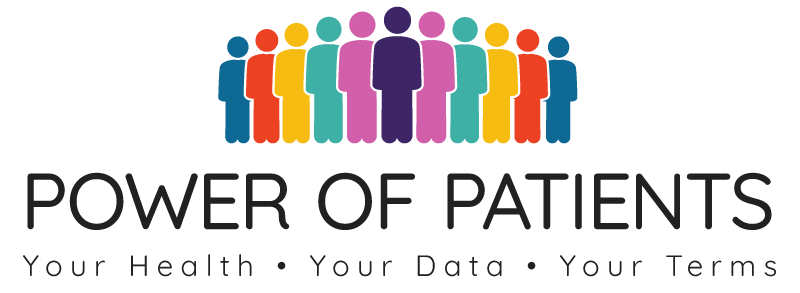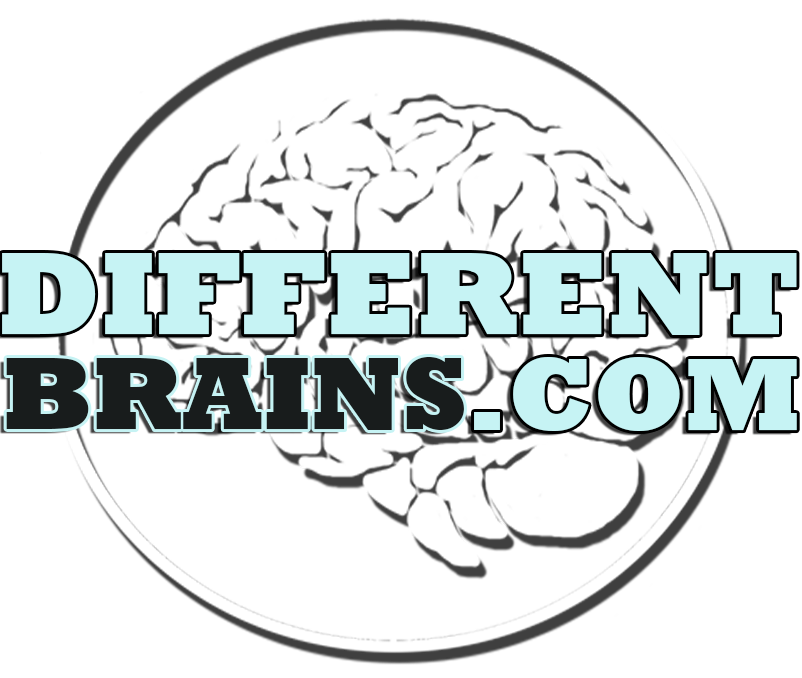AN ACTIVE MIND
Reflections On One’s Life
Reflections On One’s Life
This sort of thing is done intuitively by people without an ABI.
Initially I was deemed catastrophic by the designated assessment center while he was still in the hospital having been a 3 on the Glasgow Coma Scale with a diffuse axonal injury. Dysarthria, ataxia, and diplopia were significantly present then, while these remain significant obstacles, they have abated somewhat. The most commonly used predicting factors of a good outcome from an accident according to the professionals are a high level of formal education and an active mind. These by no means guarantee a good outcome. This article is meant to help those whose mind was not wired like this before their accident in order for them to have as good an outcome as possible after. Alas I cannot give you a remedy for raw drive or initiation tendencies, perhaps though I can encourage you for the necessity to start and then some conditioning after. Though, I suspect that these also can be generated with the right set of conditions. While in the hospital I was bored by the lack of things going on in his life. His neuropsychiatrist said this was a good thing. I remained with this feeling for most of rehabilitation as there simply was not enough going on to satisfy his drive. The professionals did a deficit based analysis of skills and concluded I would never go back to any sort of paid employment. Other than one therapist who wanted to convince me that cooking was a good therapeutic tool there were no discussions over the point of therapy besides perhaps, that exercise is helpful was made as a general comment.
Everything is new again after an ABI. All must be reinforced at the first signs of any inclination of the survivor to perform these functions. If it is not forthcoming then it should be taught as a means to embark on their own journey of self-healing. This at the moment is clearly lacking as the professionals think that all healing comes from their powers.
Survivors need to step up and be encouraged to step up during the earliest stage.
Memory are the quintessential problem after an ABI. All thinking patterns that can aid in the facilitation of the restoration of this ability is beneficial. The idea proposed here is that it should start with a simple thing. That of recollecting the day’s events. Have a time set aside during the evening when you can reflect on the day’s events. This is the foundational process of memory.
The events do not have to be limited to the past day’s events either. Any factual circumstance that occurred in the life of the survivor will be useful in this regard. After you have practiced remembering the basic things like did you brush your teeth yet, did I wash my hair in the shower or what colour of socks did I put on today, practise typing on a computer in your head = you need to remember where all the keys are first, but start today. Also remember interactions with others. M ake up your own scenarios, practise this also. This is a higher level brain function. Concentrate on your activities of daily living where the actions are familiar enough so you can spend some time on challenging yourself with the memory activities. Then practise having memories of memories. An example of this is when cutting your nails. I chose early on to cut my finger nails on the first and 15th of the month. So it was recently the 13th and I though no not yet. Then I was busy the 15th but I remembered my earlier thought. Then on the 17th I remembered and had the time. So on the 17th I looked back at having the memory of wanting to cut my nails on the 15th but couldn’t as well as the memory of wanting to cut them early on the 13th. This is a fairly high level brain functioning activity. One should strive to attain it even if it is by using activities of daily living.
This process of remembering is transferable to other things. The neurons used in 1 process though are the same ones that are used in the workplace to remember whom you were supposed to talk to about what.
This reflection time is not well promoted by the rehabilitation funders.
During the initial planning, requirements can be anticipated in terms of people, skills, infrastructure, time and money. This thought process should also be promoted to the survivor by the professional.
During this reflection time the events can be re-examined. Journaling is a good way to do this. Spend some time each day journaling. This not only helps with reflection but also with all the cognitive functions that are utilized when recounting your day. Reflection is also possible here by reading some previous journal entries. This process was short circuited in my rehabilitation by my brother who came and read some of an entry and then mocked me. This process can then be utilized to promote the activity of logical and abstract reasoning. Dwell on this process. Let this develop until you lose track of the time because you are so consumed by your thoughts. This is where an inquisitive mind is helpful. This is another important goal for the therapists to help promote in the survivor.
During this reflection time the events can be re-examined. Journaling is a good way to do this. Spend some time each day journaling. This not only helps with reflection but also with all the cognitive functions that are utilized when recounting your day. Reflection is also possible here by reading some previous journal entries. This process was short circuited in my rehabilitation by my brother who came and read some of an entry and then mocked me. This process can then be utilized to promote the activity of logical and abstract reasoning. Dwell on this process. Let this develop until you lose track of the time because you are so consumed by your thoughts. This is where an inquisitive mind is helpful. This is another important goal for the therapists to help promote in the survivor.
If for whatever reason you cannot write there are different ways to do this. Now there are some computers which will write what you say. This task can also be performed by another person who has the time to listen to you. Perhaps this is a session with one of your therapists.
Take the products of your reflection time in order to plan for the next occurrence of this set of circumstances. Then change one parameter and reanalyse. Do this again and again. At first this will be very awkward. This cognitive rigidity will lessen with time. Just recently after 16 my year anniversary I was reflecting on how this process has developed over time. This has brought me to my present mindset where I am aware that my mind is not as smooth as before the accident, however it is acting more smoothly.
Write down the thoughts if you need to in order to make the big choices in life after a brain injury.
Next comes the time to act differently. Thus is the beginning of self-awareness. And an end to the insight problem which is so prevalent in the survivor during their early days.
This is an observant, anticipatory, excited, and open state of mind that enables the survivor to gain every available bit of therapy from any given situation instinctively. This state brings together the curious mind with the activities of daily living and the executive to form a therapeutic environment out of just about any situation where a problem can arise or the process can be optimized. This trait will be developed over the course of rehabilitation to be sure, however, it should be developed in the survivor from an early stage.
Performing these actions frequently will ensure that you have an active mind. This is a prerequisite to a good recovery. This lack of promotion on how one obtains an active mind is another case of the professionals being in their own world. Why this cannot actively be made available to the average survivor to obtain is beyond me. Nevertheless I have had an a couple of experienced and supervisory therapy support workers and a neuro-psychiatrist look at this to ensure that there are no oversights or misguided attempts to put this process in layman’s terms.
There is a lot to discuss on these issues. This will serve only as a starting point amongst the rehabilitation industry, survivors, families, and friends. In the end though I have only sought to produce the sorts of thought patterns which I remember being in my mind before the accident. I have had to resort to this active mind concept as all my physical abilities are negatively affected. This method was something that has been forced on me really as all outlets for physical exertion were taken from me if not during the accident then somewhere along the process of healing my brain. This active mind is what should be the goal of therapy. The money, power, and sex that typical society demands that everyone obtain are invalid requirements for satisfaction after an accident. Instead be satisfied with your new self and the ability you have to control your mind. This requires some patience and discipline but a new attitude can be produced.
This attitude has, at the core, an inquisitive self-stimulating brain. Would encourage you to go back to the basics of physics. This has really worked wonders for me. This direct cause and effect relationship is all a newly injured brain can handle. Get to know our mind. What you want is, I believe limited insight according to the professionals.
At some point reality needs to set in and one must do a realistic, asset based assessment of what one can do after your ABI.
One must be careful not to live in the past and instead to see every new day as another chance to enjoy, the beauty of creation around you – whether live or in pictures of even your memories. Do not get so trapped up in the service providers perspective on society that this leaves you alienated and bitter. Instead grasp this moment as one in which your mind can be active. This paper only seeks to promote an active mind, not all the reasoning, memory and initiation skills that are required to function at a job. Enjoy an active mind as an end in itself.

Power of Patients
Power of Patients is traumatic brain injury support and awareness organization that engages, informs, and educates TBI patients and caregivers. We have created a free TBI dashboard you can customize, to track your triggers and symptoms. We also provide education and opportunities about clinical trials.
“We are democratizing TBI care and research."

Different Brains
A space for the respectful sharing of ideas and stories, and a resource for anyone seeking knowledge and support so that NO ONE FEELS LIKE THE 'LONE RANGER'.

 The String Theory of Brain Injury Rehabilitation
The String Theory of Brain Injury Rehabilitation 